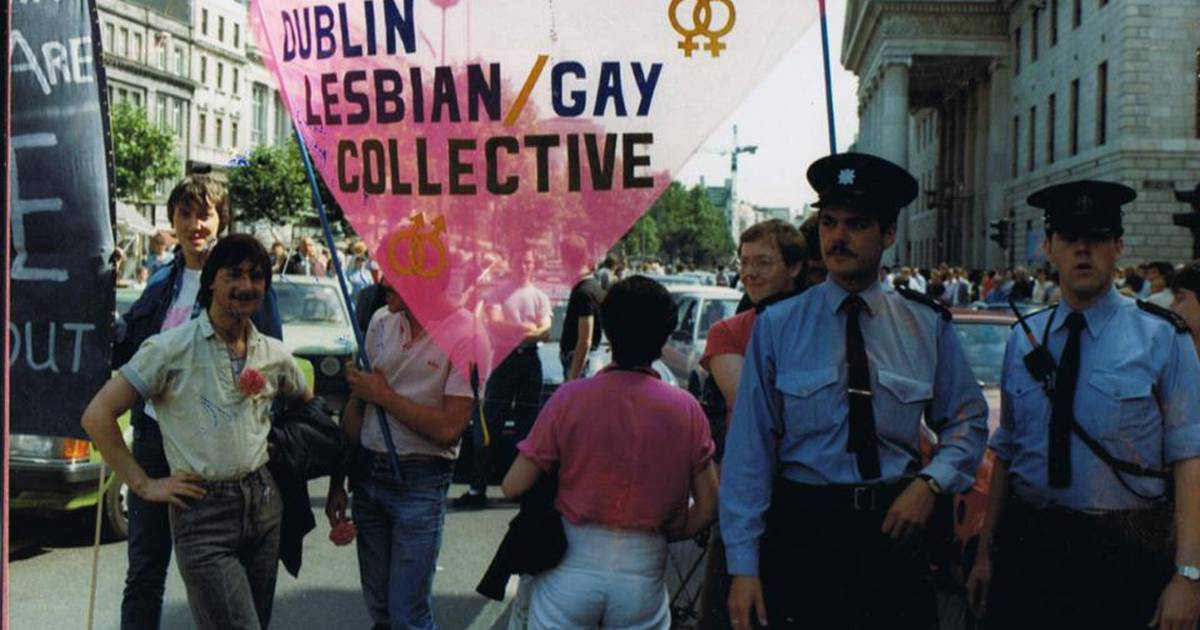:quality(70)/cloudfront-eu-central-1.images.arcpublishing.com/irishtimes/EIKJDUISXWH3R66NLT7ZP5QRC4.jpg)
Some 1,000 gay and bisexual men may become eligible for a new scheme which will disregard the criminal records for “offences” committed before homosexuality was decriminalised in Ireland.
At least 941 men were convicted of “homosexual acts”, records released to The Irish Times under the Freedom of Information (FOI) Act show. The men were convicted under 20th-century legislation which no longer exists.
The criminalisation of consensual sexual acts between men came into effect before the foundation of the State, however, it no longer exists, as homosexuality was decriminalised in Ireland in June 1993.
The total number of men convicted was 941, the records show, however, the number of “crimes” reported or known was much higher, at 2,120.
Some men convicted were imprisoned, while others were ordered to pay fines, given suspended sentences, or ordered to see a psychiatrist.
Correspondence released under FOI contained suggestions that the men should be entitled to an apology and a form of redress from the State, due to the “social ostracisation, loss of employment, forced migration and forced psychiatric treatment” inflicted upon them at the time.
“Huge trauma and damage would have been caused to the men who were prosecuted even when they were not convicted,” the correspondence said, suggesting that records of prosecutions should also be disregarded.
Convictions were most common up to and throughout the 1970s. As a result, some of the pardons would have to be given posthumously.
The figures are estimated using annual Garda Reports on Crime for this time period and are “approximate, not exact” and may only represent “a percentage of those who might avail of a pardon”.
The Government first announced plans to disregard these criminal records in 2018. Earlier this month, a public consultation on the scheme was set up, allowing affected people and organisations to inform its development. It will close on 9 December.
Similar exonerations have occurred in Germany, Canada and parts of Australia.








